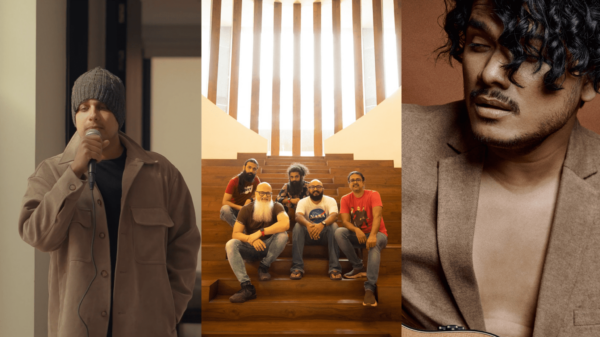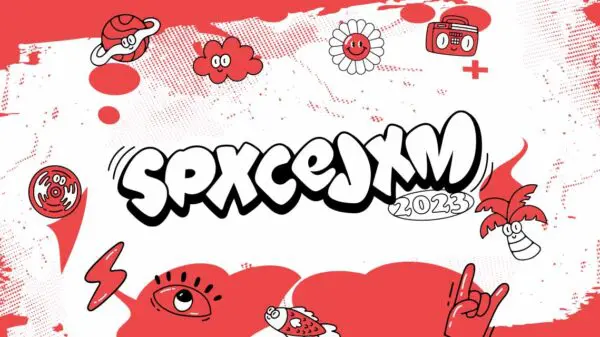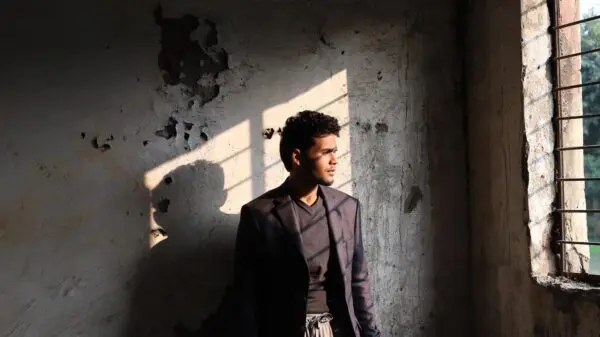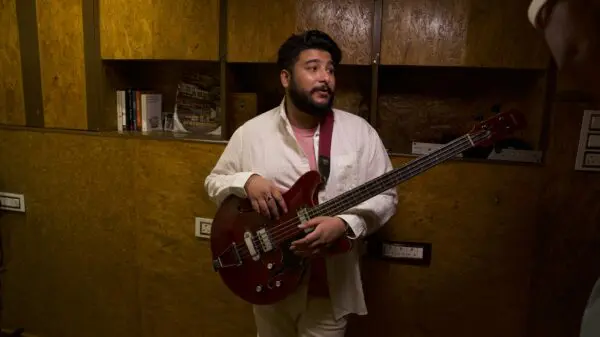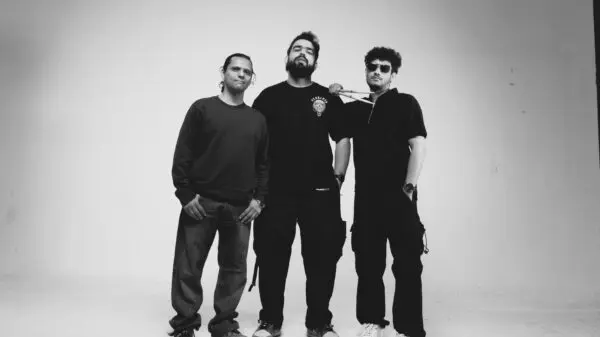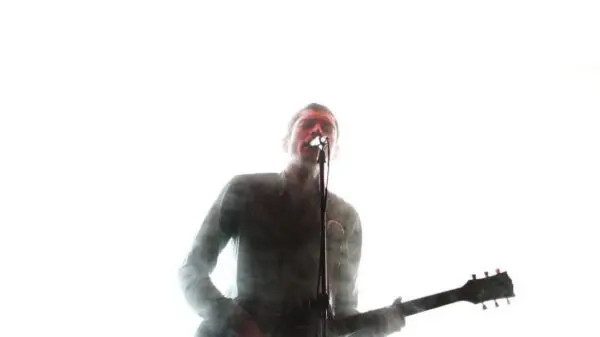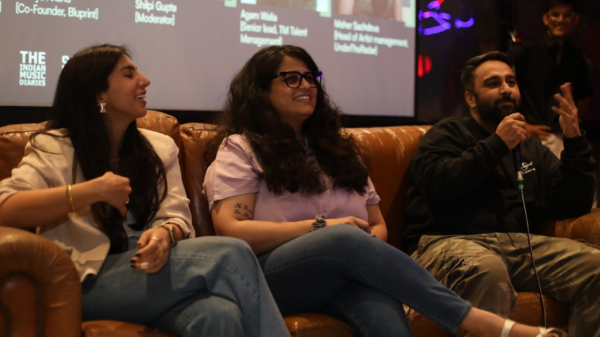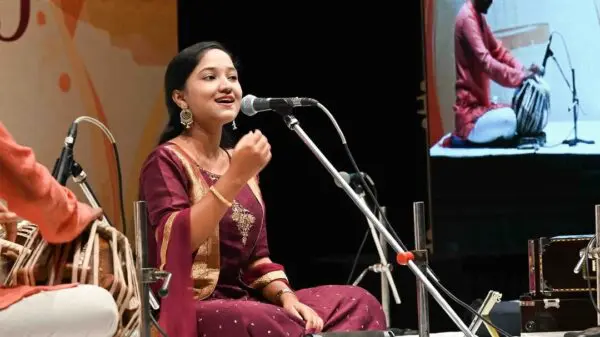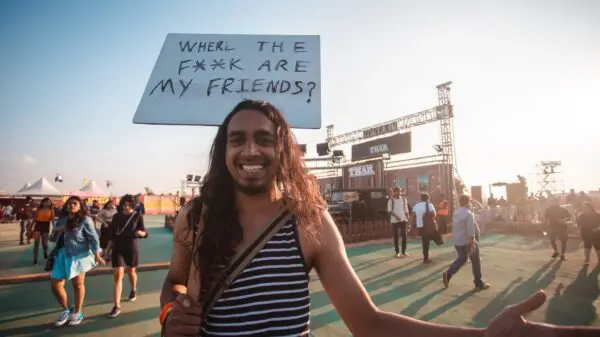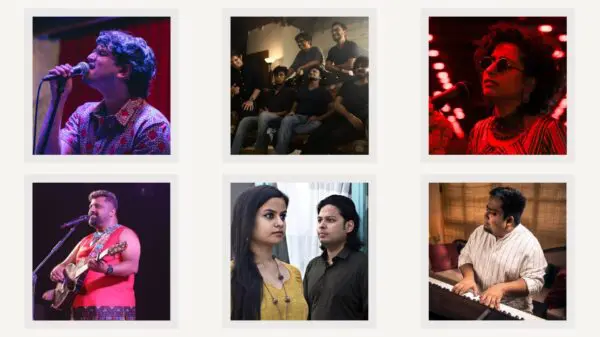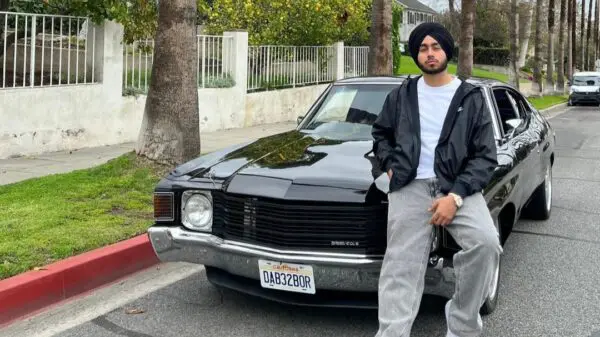Bawari Basanti dropped the music video for her single ‘Izehar’ on August 15th. The song explores themes of moral policing, individuality and, the lack of freedom lovers face within city spaces.
The video, directed by Vaksh Vimal, opens with a shot of a man reading a newspaper titled ‘Izehar’ with Bawari Basanti’s picture on the front page. The video then shifts to a young couple exploring the city on a motorcycle. As the lyrics move further, the girl is seen with the dupatta on her head and without, to symbolise India’s obsession with sanskaar.
Bawari wears handcuffs throughout the music video to represent the shackles of society. “The handcuffs are a metaphor for our lack of freedom, and the hypocrisy in our society. The handcuffs question how independent we really are? True independence is not about holding a flag, shouting out slogans or feeling patriotic. But really about being able to embrace who you truly are, and not let hypocrites and self attested moral police of the world, force feed their contrived notions of freedom.” says Bawari about the metaphor.
The video tells the story of the city reimagined through the lovers’ lenses, in their search for safe spaces to display affection, they are met with scrutiny and sometimes, hostility. The lyrics take a playful turn on personal autonomy and individuality. In the lines ‘gharon pe azadi nahi sabki aur bahar sainikon ka raj’ (not everyone has freedom in their homes, and there are soldiers marching outside).
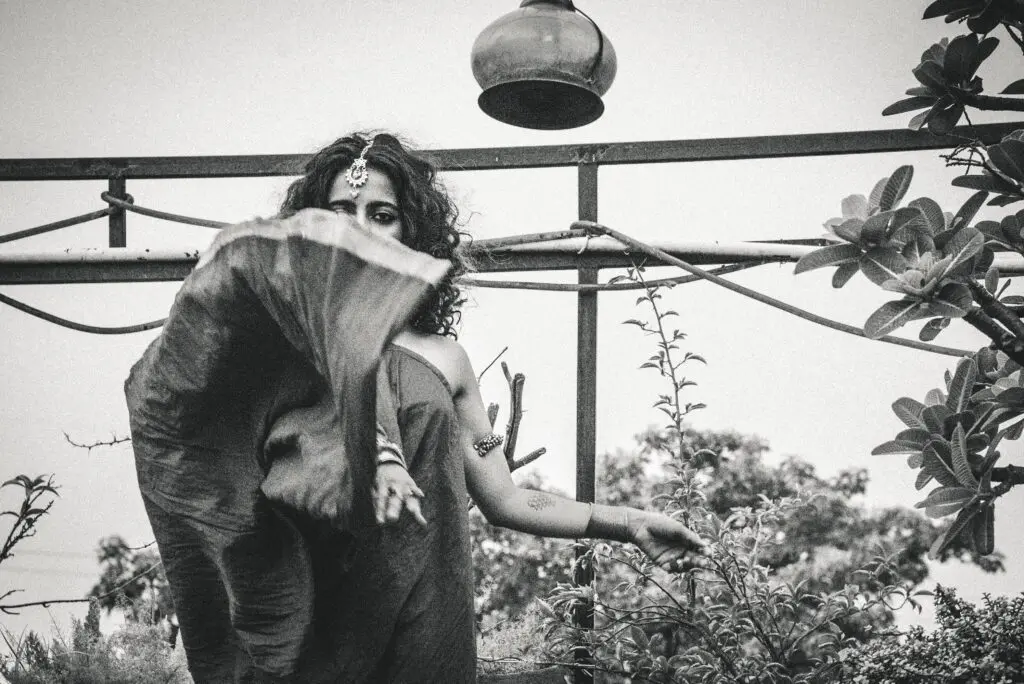
With the catchy tune and groovy beats, Bawari Basanti also explores legalities in the song with the lines, ‘IPC handbook rakh paiyaar. 294 se bachna hai toh, 41B se karle pyaar’ (Befriend the IPC Handbook, if you wanna save yourself from (Section) 294, fall in love with (CrPc) 41B).
“Section 294 of the Indian Penal Code lays down the punishment for obscene acts or words in public. Artists are lovers at heart, and this song is about that closeted love, which has been locked down by this rule. It’s not the code in itself but the way it is being used for making arrests without warrants, which is the root of the trouble. It gives the police and self attested moral citizens, undue power to harass innocent love and stop basic artistic expression on grounds of it being “obscene”. Nowhere does this law clarify what “obscenity” really encapsulates making it a tool for harassment.” elaborates Bawari.

